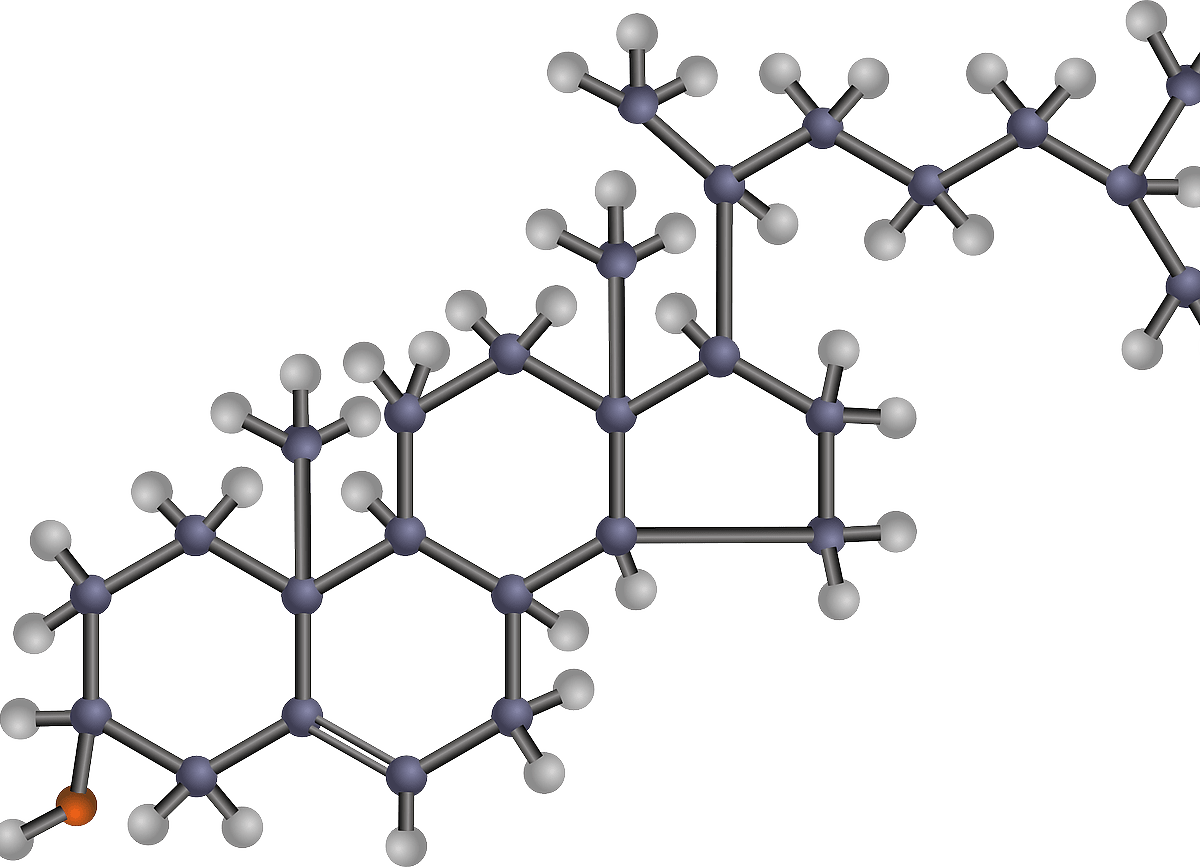By Dr. Florence Mouy
Edited by Dr Saadia Aslam
The ODYSSEY Outcomes trial in 2018 showed that PCSK9i (proprotein convertase subtilisin/kexin type 9 inhibitor) alirocumab reduced the risk of recurrent ischaemic cardiovascular events in comparison with placebo, in patients on a high dose statin presenting with acute coronary syndrome (ACS). At the time, there were concerns that very low levels of low-density lipoprotein cholesterol (LDL-C) may be harmful to patients, and as such patients with two consecutives LDL-C levels <0.39 mmol/L (15 mg/dL) whilst on alirocumab were switched to blinded placebo substitution, whilst continuing high dose statins.
This post hoc analysis by Schwartz et al studied 730 patients who crossed this threshold, at a median of 8.3 months. They were propensity score-matched to 1460 patients from the placebo group with similar characteristics.
After a median follow up of 2.8 years, major adverse cardiovascular events (MACE) occurred in 6.4% (n=47) of patients with very low LDL-C levels that had limited duration alirocumab followed by blinded placebo, compared with 8.4% (n=122) of propensity-matched patients from the placebo group (p=0.047). Interestingly, both groups had lower levels of LDL-C and better medication adherence than the aggregate groups.
The results of this study suggest that even a short duration of very low LDL-C levels, achieved with statin and alirocumab, followed by statin monotherapy, can have significant impact on the incidence of MACE following ACS. Since the latest evidence suggests short durations of very low levels of LDL-C are safe for patients in the long term, further studies are required to compare this approach to sustained treatment with alirocumab.
Read full article: https://academic.oup.com/eurheartj/article/44/16/1408/7069638

